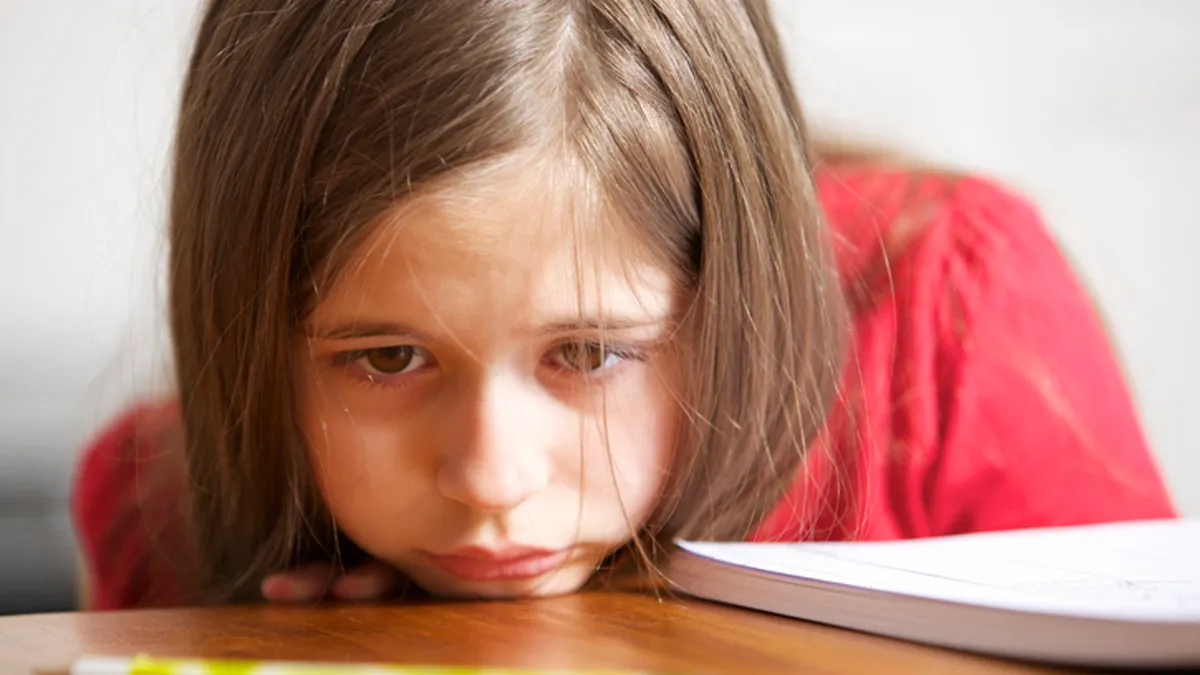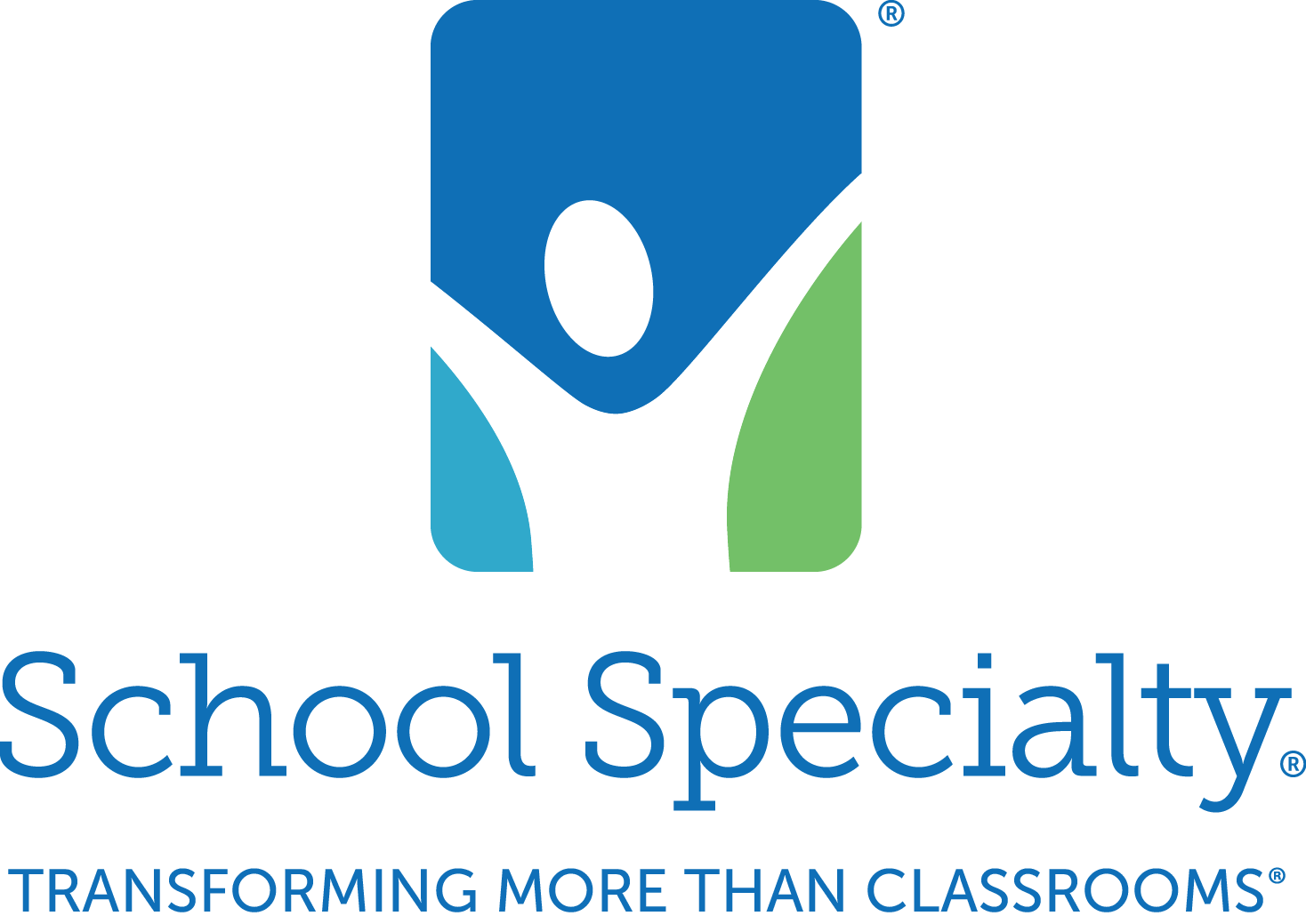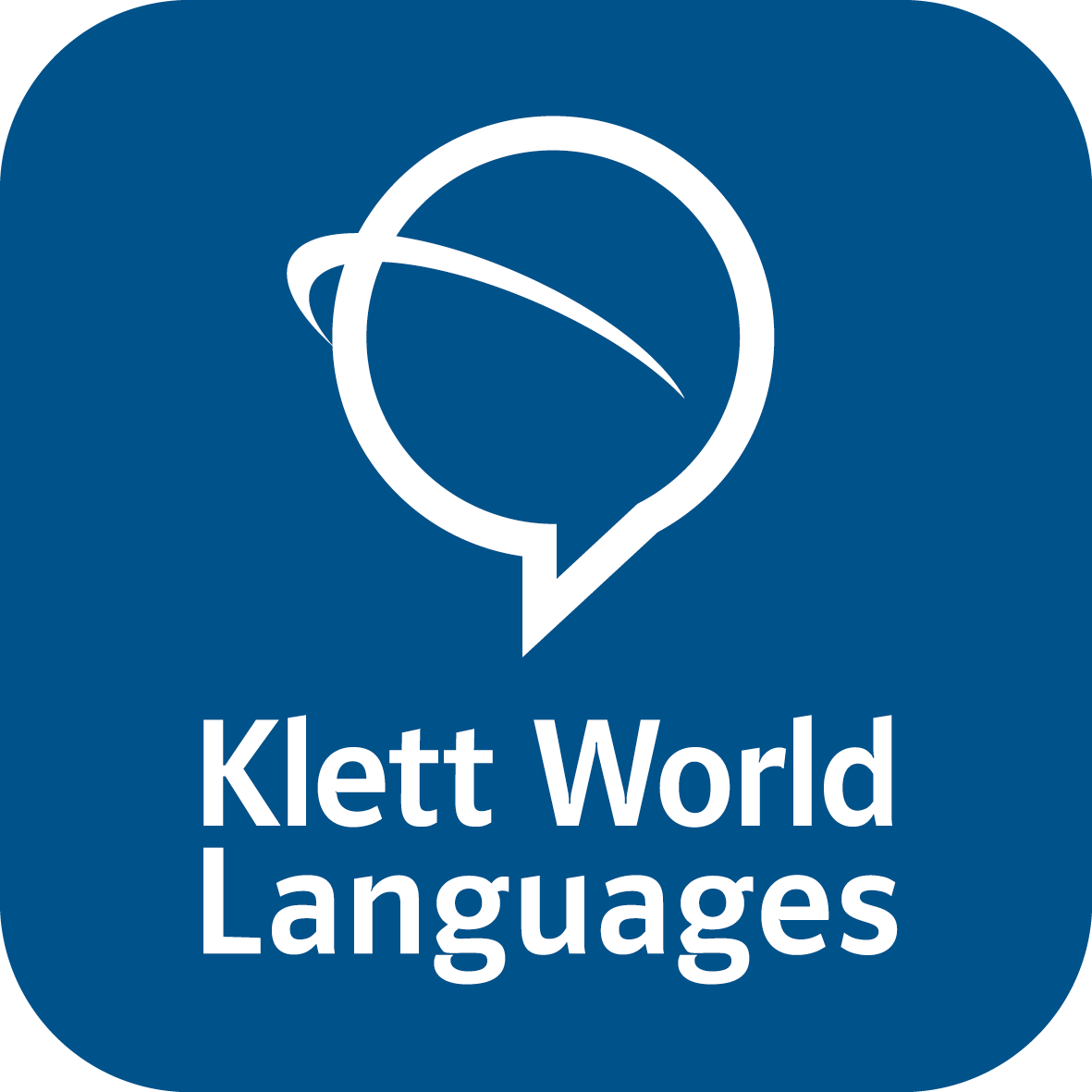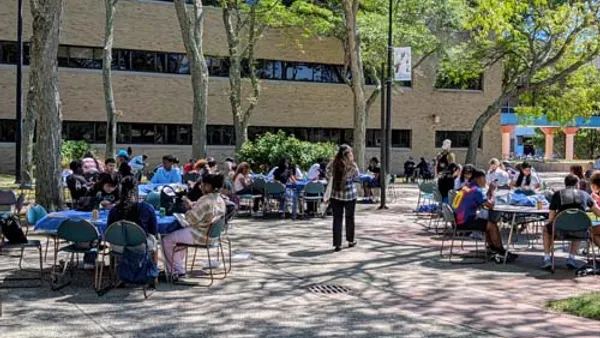Dive Brief:
- When schools provide social-emotional learning programs to all, students perform significantly better academically than peers in schools without universal SEL, according to a meta-analysis published in the American Educational Research Association's Review of Educational Research on Thursday.
- The large-scale analysis — which looked at 40 studies involving more than 33,700 students in grades 1-12 in a dozen countries — found students in SEL programs clocked better grades and standardized test performance, and that improvements were seen in both literacy and math. Research particularly showed that elementary school students benefit from SEL programs, though research on middle and high school students is more scant and less conclusive.
- Duration of the SEL program matters, with programs longer than one semester — defined as roughly four months — consistently linked to higher academic achievement, while shorter programs showed limited impact. The researchers suggested that school leaders embed SEL into core instruction across grade levels.
Dive Insight:
Social-emotional learning — which grew popular as a tool for developing students' soft skills and a buffer for alternatives like punitive discipline — became controversial after conservative-leaning parents and lawmakers alleged it was a way for educators to indoctrinate children instead of focusing on core academic subjects.
Bills in at least eight states sought to curb SEL around the height of this controversy, according to an update from the American Psychological Association in 2023. The practice was swept up in a wave to curb other educational equity initiatives that became politicized with the launch of the parental rights movement during the pandemic.
Many districts, however, continue to use SEL — even if not by name — as a way to teach soft skills such as emotional regulation and collaboration that they consider integral to student success in academics and life outside of school.
"Contrary to the perception that SEL is only about fostering students' social and emotional growth, our findings show these programs also make a measurable difference in academic achievement," said Cheyeon Ha, a professor at University of Southern California and lead author of the study published in AERA's Review of Educational Research.
Ha and another researcher on the team, Christina Cipriano of the Education Collaboratory at Yale, said in a press release that SEL was "integral to students' overall development" and said it "should be part of every student's school experience."
In fact, when SEL became a point of controversy, education leaders urged clearing up misconceptions around its practices rather than abandoning them altogether.
Some have resorted to rebranding SEL, while still adhering to the practices and principles associated with it, according to research released this month by the EdWeek Research Center.
Some 16% of educators surveyed last spring said their school or district tried to limit controversy by referring to SEL by another name in the past school year, the center found. Survey respondents from the South and from suburban areas were more likely to say they were rebranding SEL. Common alternatives include "character education," "life skills" and "communication skills," according to the research center.
About 4% of the teachers, principals and district leaders surveyed said their schools ended SEL initiatives altogether to avoid controversy. Nearly half, however, said they continue to use SEL and call it by its original name.
"Our analysis underscores the importance of explicit SEL instruction in schools," said Cipriano of the meta-analysis released Thursday. "These programs should not be viewed as add-ons but as essential components of all students' school experiences."















